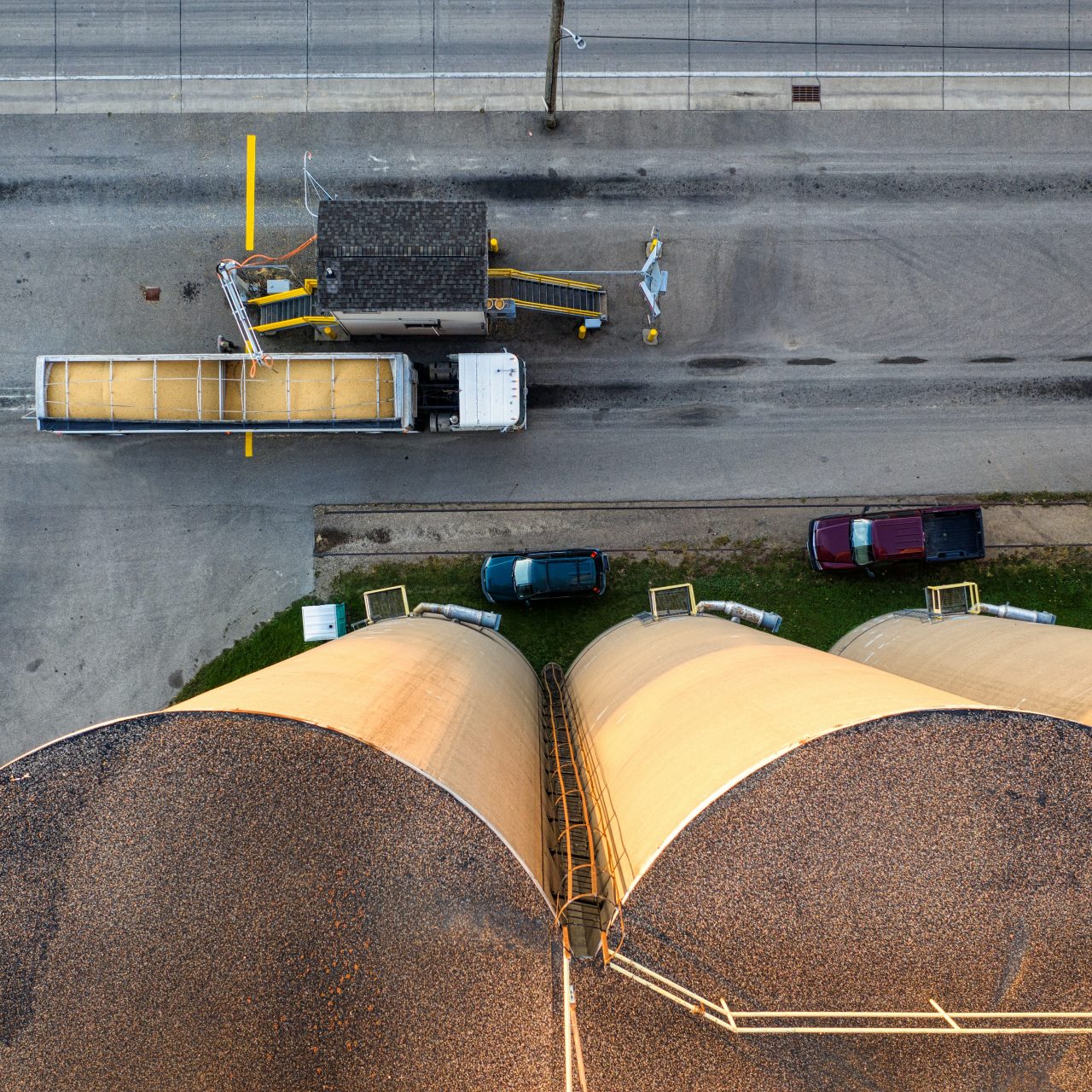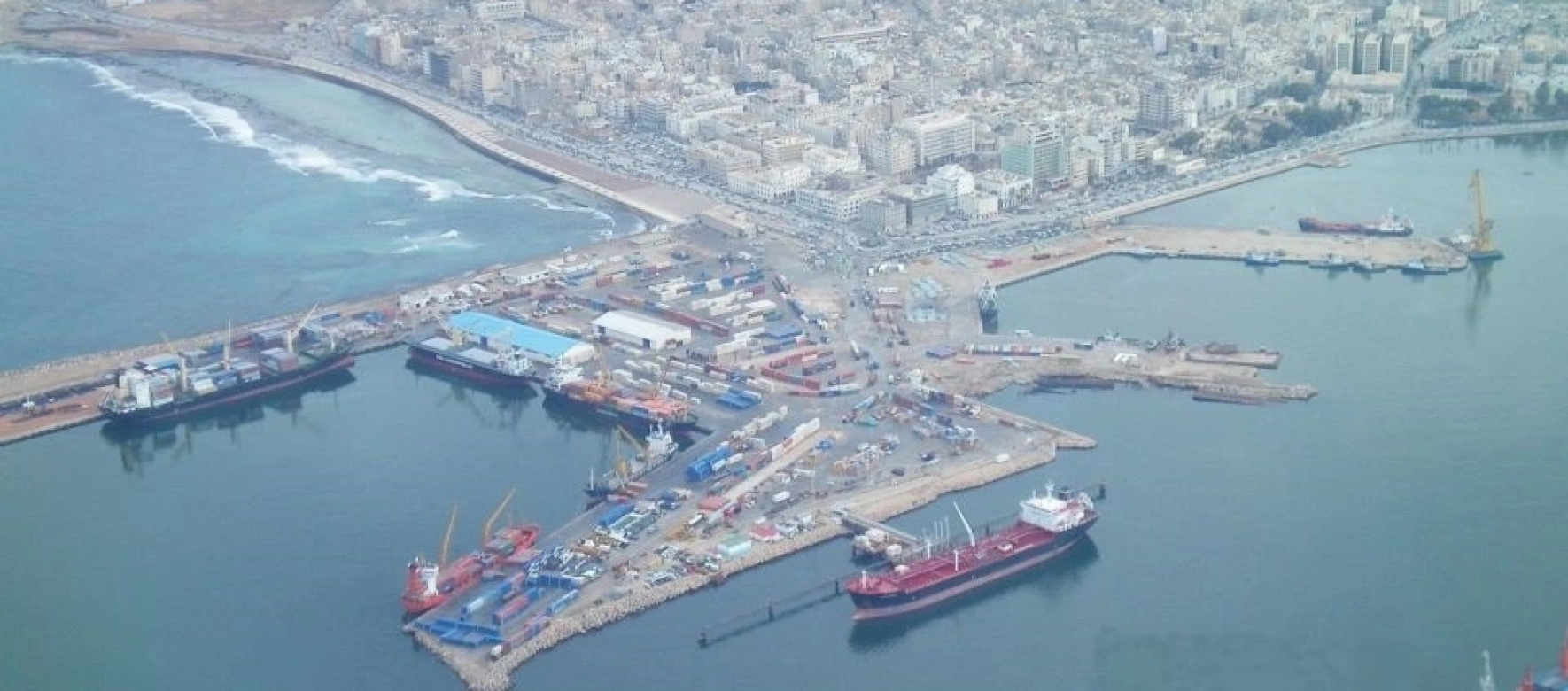Libya is heavily dependent (88%) on imports, mainly from Ukraine and Russia, for its cereal needs. The Libyan compensation system for basic necessities has been failing since 2011, which has caused tensions with producers, affected their activity and made prices sensitive to economic fluctuations. The consequences of the war in Ukraine will therefore be significant for the country, while grain prices are soaring on the international market and supplies are likely to become increasingly difficult.
Thus the international community is concerned about Libya’s food security during Ramadan, during which an increase in the consumption of flour and wheat is expected.
Libya, dependent on imported cereals
The Libyan agricultural sector is not able to produce cereals in sufficient quantities. Agriculture remains marginal in Libya where the economy is dominated by the hydrocarbon sector. Cultivable land represents 8.7% of the total land, while water stress is high.
Indeed, irrigation is provided by the large artificial river carrying drinking water pumped from the groundwater in the south to supply the land in the north, however this source is not inexhaustible and the network has been badly damaged by the fighting. of the last ten years. About 7.5% of the population has abandoned agricultural activities since 2014 while 22% of the active population worked in the sector before the revolution.
Libya is dependent on grain imports (88%). Annual needs have fluctuated between 1M/t and 1.3M/t of cereals in recent years, while local production is marginal (100,000 tons of wheat and 70,000 tons of barley). Import requirements can vary up to 1.5M/T to 2M/T per year depending on contraband imports from Tunisia and Egypt. Imports from Russia and Ukraine accounted for 43% of grain deliveries, equally for the year 2021.
Since 2011, the grain price compensation system has been flawed, creating tensions among mill owners and reducing the production of basic products. Prior to 2011, a simple compensation system was provided by the Price Stability Fund (PSF), which was the State’s official cereal buyer. Since the revolution, the structure of the Libyan market has changed from a flour import market to a local flour purchase market, leaving local private mills to import wheat and/or flour themselves. .
The latter no longer wish to ensure the production of flour after having long financed wheat imports themselves without compensation. Of the 67 mills in the country, only 10 are still in operation today. From now on, due to a lack of State budget since the end of the 2010s, the compensation system is provided by the Central Bank via a preferential exchange rate system for cereal imports made in foreign currency.
However, this mechanism has a relatively small impact on the final price of commodities. In addition, the compensation has been made more complex by the division of the Central Bank as well as by the multitude of private sector importers compensating for the absence of the PSF and making it difficult to trace the quantities of cereals purchased and the prices charged.
The weak price control combined with the reduction in production is causing tension in the supply of basic products and impacting the purchasing power of Libyans. For lack of maneuvering for the purchase of cereals, the government is no longer able to regulate prices with producers of basic products.
The sharp deterioration of the compensation mechanism, now almost non-existent, and the fall in production linked to the situation of mill owners – in conflict with the State or unable to finance imports – make prices sensitive to the economic situation to the detriment the purchasing power of Libyans. The price of bread has almost tripled2 since July 2021 due to the exponential rise in the price of wheat and oil impacting the cost of transporting cereals.
Ukraine crisis threatens Libya’s food security
The government has been reassuring about strategic cereal stocks, but its credibility is in question and its ability to intervene remains limited. The Minister of Economy and Trade of the Government of National Unity, Mr. El Haweij, declared at the end of February that wheat reserves should be sufficient for more than a year with existing stocks of more than 400,000 tons, current deliveries of about 500,000 tons and Russian-Ukrainian deliveries replaced by cereals from other countries.

However, this version is disputed by the president of the bakers’ union, according to whom the current stocks will last only 3 months at the most the main problem being less the quantity of the stocks than the speculation instigated by the owners of mills building up stocks and creating artificial shortages which affect the price of bread and flour.
However, the government’s ability to react to fight against the phenomenon of speculation is limited, although A. Dbeiba, former prime minister, has announced that he wants to fight against speculation.
In addition, new orders may take time to arrive (distance from Argentina and Uruguay, difficulties for ships coming from Romania to circulate in the Black Sea near conflict zones or to cross the Bosphorus), while Egypt, another main supplier of flour to Libya, declared to suspend its exports of basic products – including flour – for the next three months in order to secure the national supply.
International institutions fear for Libyan food security. Even if Russia would still supply Egypt and could continue to supply Libya, the supply is disrupted by the Ukrainian conflict both logistically and financially. Moreover, the faulty compensation system no longer protects the population from price variations.
As a result, Libya has been included by the Food and Agriculture Organization of the United Nations (FAO) in the list of countries whose food security is threatened by the Ukrainian conflict and rising international food prices. .
Source Embassy of France in Libya











Réagissez à cet article